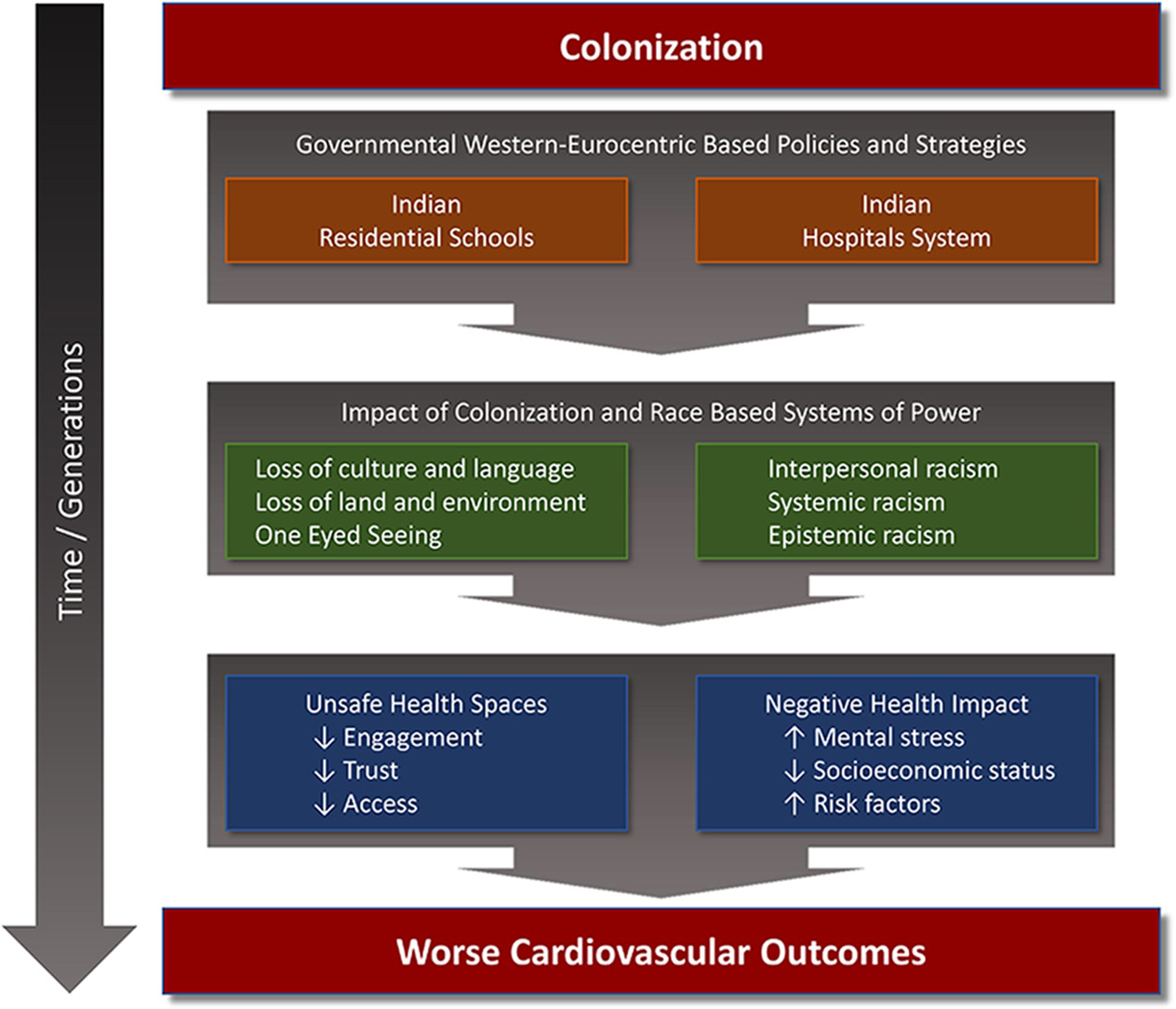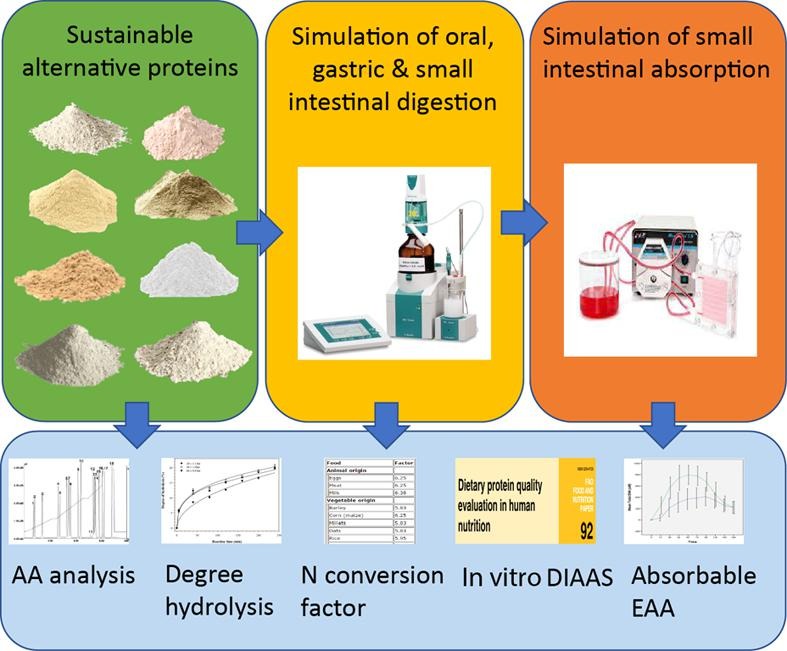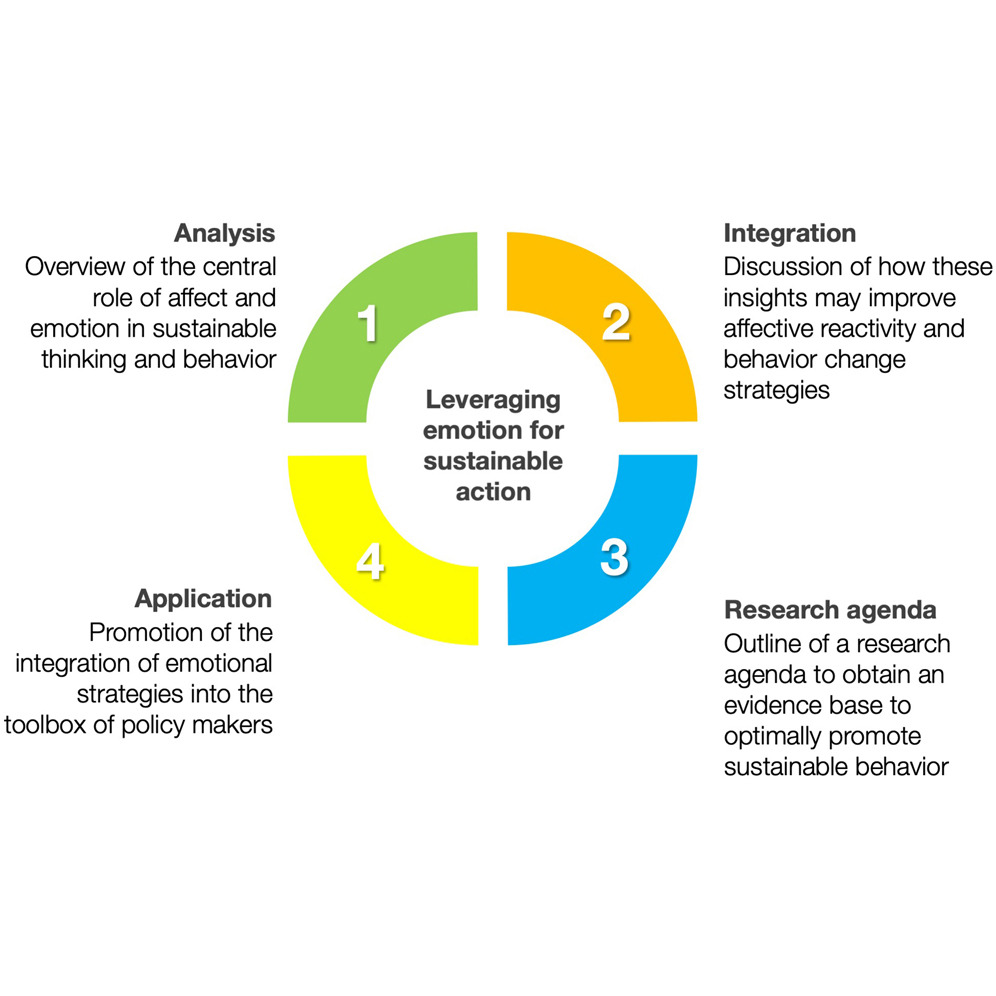Elsevier,
The Lancet Planetary Health, Volume 5, December 2021
An Article in support of SDGs 3, 12, and 15, investigating the adverse effects of deforestation on working conditions and all-cause mortality, highlighting how conservation and restoration projects could help to achieve public health benefits.
Elsevier, CJC Open, Volume 3, December 2021
Colonization and enforced genocidal strategies have collectively fractured and changed Indigenous people by attempting to erase and dismiss their voices and knowledge. Nearly a decade ago, we were reminded by Dr Ku Young of the cardiovascular health disparities, in evidence among Indigenous people in Canada. compared with White people. He went on to say that beyond a biomedical understanding of this health status is the ongoing impact of long-standing marginalization and oppression faced by Indigenous people.
Elsevier, Internet of Things (Netherlands), Volume 16, December 2021
This study investigates the capabilities, performance outcomes, and barriers of drones applied to humanitarian logistics (HL). A systematic literature review was conducted to synthesize prior research on drones and cumulatively identify current knowledge gaps which require further investigation. In order to identify the relevant literature on the topic, a rigorous research protocol was applied for the retrieval and selection processes. In total, 142 publications fulfilled the selection criteria and were thoroughly analyzed.
Elsevier, Patterns, Volume 2, 10 December 2021
Roaa Al Feel, an early-career researcher, discusses her passion for using data science for social good. She uses data to reflect living conditions of society, and in the paper published with Patterns in November, the team explores machine learning techniques for the detection of fake news around the Syrian war, demonstrating the efficacy of meta-learning techniques when tackling datasets of a modest size.
Elsevier, Journal of Functional Foods, Volume 87, December 2021
We studied several sustainable alternative protein concentrates and a whey protein concentrate as reference, to determine their protein composition, digestibility and quality using the harmonized INFOGEST static protocol. The proteins concentrates were analyzed to determine their conversion factor, degree of hydrolysis, true ileal digestibility, in vitro digestible indispensable amino acid score (IVDIAAS) and total absorbable amino acids and total essential amino acids.
Elsevier, One Earth, Volume 4, 17 December 2021
Behavioral science approaches to promoting sustainable action have mainly focused on cognitive processes, whereas the role of emotions has received comparably little attention. However, emotions have a great but currently not fully exploited potential to contribute to a sustainable behavior change. In this perspective, we summarize recent research emphasizing the central and indispensable role of emotion in human thinking and judgment.
Elsevier,
Geography and Sustainability, Volume 2, December 2021
In order to address the impacts of climate change, this manuscript presents a strategy developed to create a central resource, database and web-based platform to integrate data and information on the drivers and the changes within Guyana coastal and marine environment.
Elsevier,
The Lancet Global Health, Volume 9, December 2021
This Comment article supports SDGs 3 and 10; Muneera Rasheed presents some guidelines for decolonisation in global health research, highlighting the need to challenge current systems to fight power asymmetries in the context of academic research partnerships between high-income and low-income countries and other behaviours that undermine equitable collaboration.





